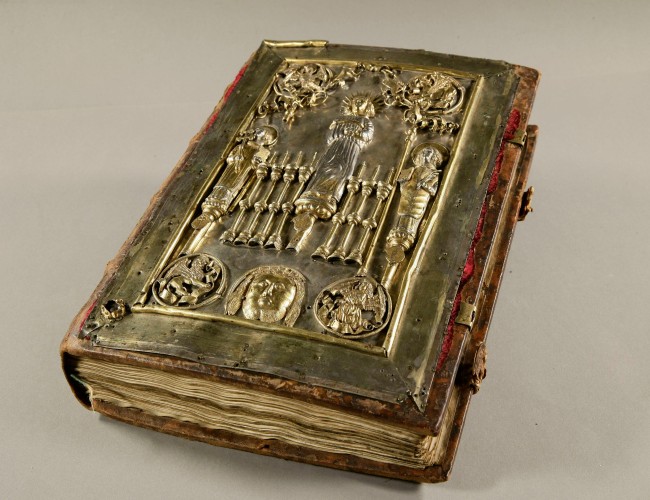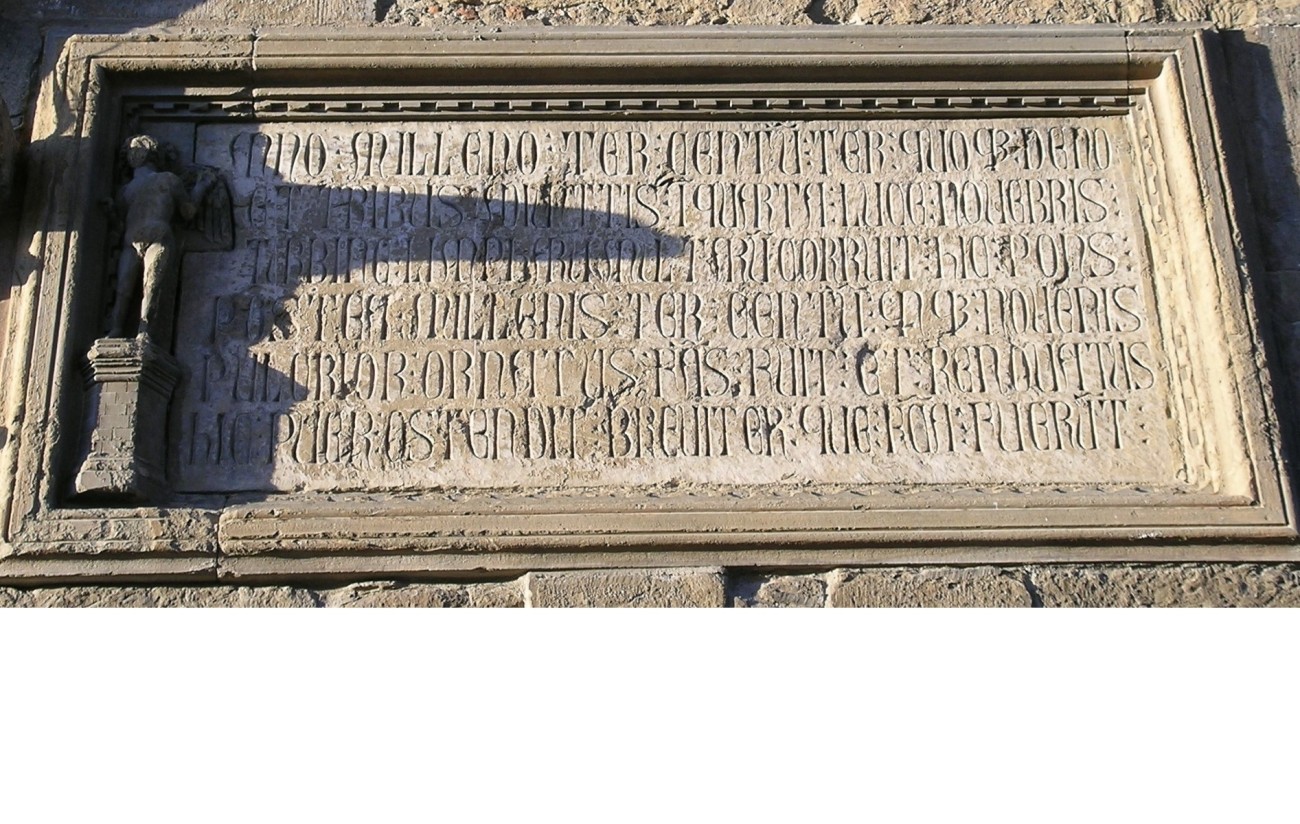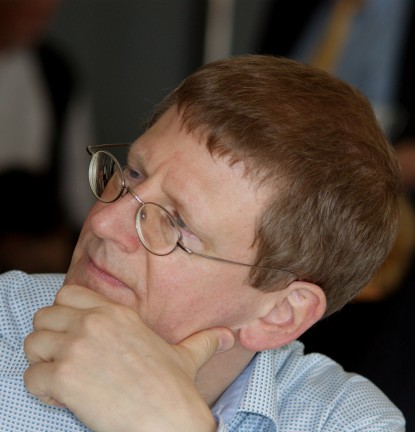Research interests
In our research, we currently focus on the early and late medieval history of the Holy Roman Empire, geographically corresponding to the territory of today's Germany, Eastern France, Western Poland, Austria, Switzerland, the Czech Republic, and Northern and Central Italy with a special emphasis on the following topics:
- Cultural, urban and mobility history
- Historical disaster and climate research (see below for more information)
- Environmental and infrastructure history
- Historical anthropology, ceremonial and ritual
Academy-Project “Burchard's Digital Decree”
The research project “Burchard's Decree Digital” is part of the Academies' Programme, funded by the German Academy of Sciences and Literature to support long-term research projects such as central editions, dictionaries and text corpora as repositories of knowledge. The project, under the umbrella of the Academy of Sciences and Literature in Mainz, is scheduled to run for 18 years (2020-2037).
DFG-project “Burchard's Descriptio Terrae Sanctae. Edition and Historical Reception”
It is known as the travelogue with the strongest influence on subsequent portrayals of the Holy Land: the Descriptio terrae sanctae, written from 1280 by the Dominican Burchardus de Monte Sion.
Find out more about the project and the people involved
DFG Priority Programme 2361 “On the way to the Fluvial Anthroposphere”
The Priority Programme focus on the “fluvial anthroposphere” along rivers. Floodplains represent a global hotspot of sensitive socio-environmental changes and early human forcing mechanisms. The DFG Priority Programme (SPP) “On the Way to the Fluvial Anthroposphere” will investigate the pre-industrial floodplains in Central Europe and the fluvial societies that operated there. Gerrit J. Schenk is member of the coordination committee.
For more details follow this link.
Read more about the kick-off-meeting in Leipzig, 9./10.3.23 (opens in new tab)

The research colloquia...
give insights into current research areas and their challenges. Presentations will be given by students in the final phase of their studies as well as by Darmstadt doctoral students and guest lecturers.
Historical disaster research
A major focus of Darmstadt's medieval studies is historical disaster research. It addresses the interaction of environment and society through the example of extreme events such as earthquakes, epidemics, storm surges, tsunamis, floods or volcanic eruptions.
What are the social processes before, during and after the disaster? We gain a better understanding of historical disasters and their social response.
We base our research on reports on natural extreme events: a good example is the inscription plaque on the world-famous “Old Bridge” of Florence in memory of a catastrophic flood in November 1333 (see picture in the header).











